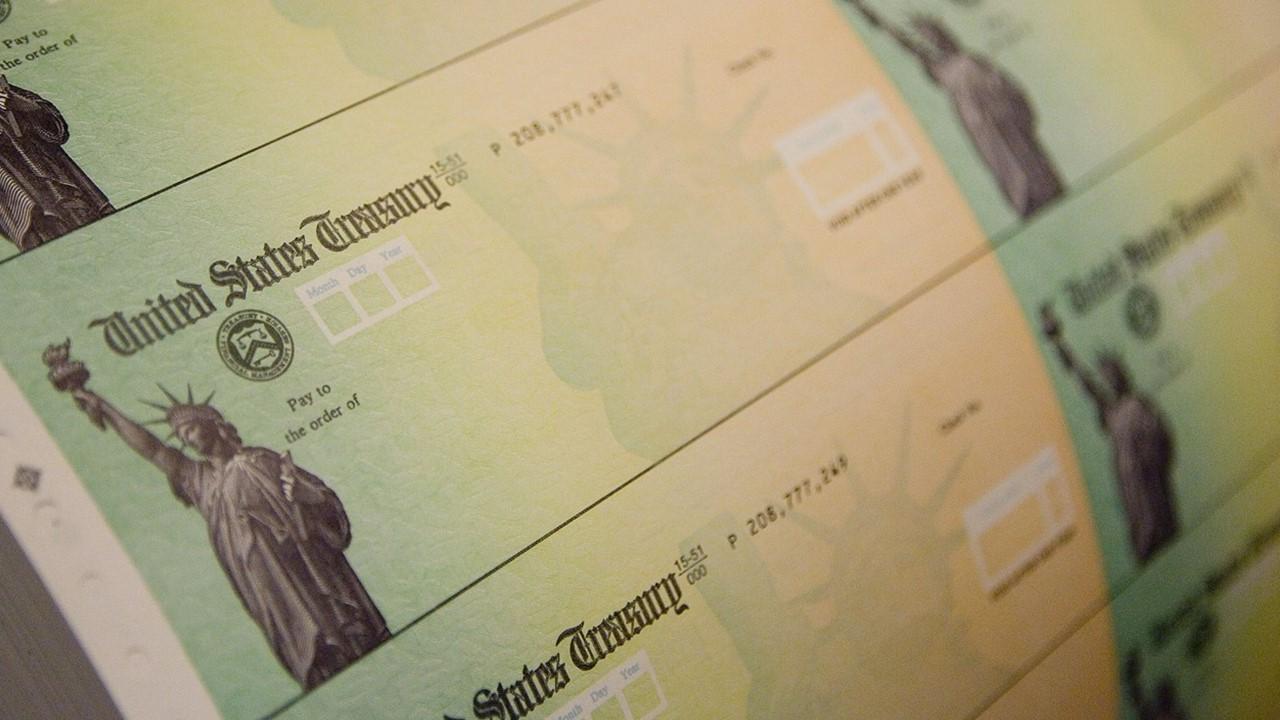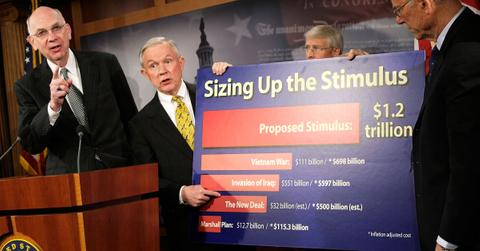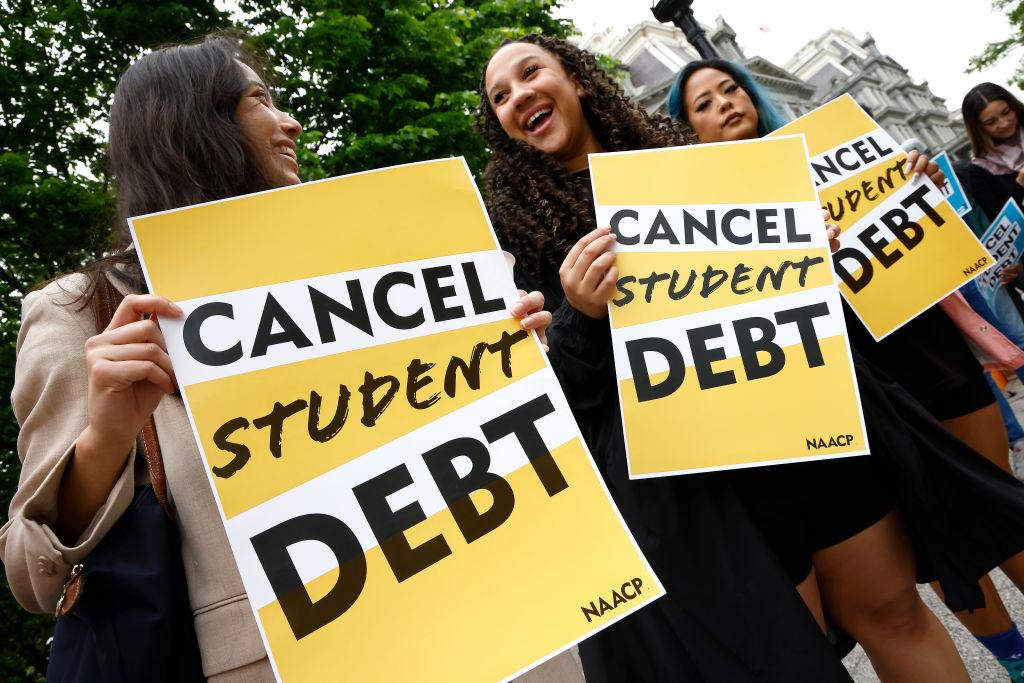Is Fiscal Stimulus Good or Bad for the Economy?
There are arguments both for and against the fiscal stimulus. Is stimulus good or bad for the economy? Let's take a look at both sides of the argument.
June 10 2022, Published 9:06 a.m. ET
Since the COVID-19 pandemic began, there has been a flurry of fiscal stimulus globally. Rich countries especially opened up the coffers to pump money into their economies and support people amid the lockdowns and the resultant economic turmoil. In the U.S., we had three stimulus checks and people are still hoping for a fourth check.
To support the economy, countries can either ease the monetary policy or the fiscal policy. At times, the two go hand in hand as we saw during the pandemic. The global economy might have seen an even deeper slump without the accommodative fiscal and monetary policy. However, there are arguments both for and against the stimulus. Is stimulus good or bad for the economy?
What exactly is stimulus?
While some people might confuse stimulus with the stimulus checks that were sent out by the government, it’s a much broader concept. Through fiscal stimulus, governments pump money into the economy, including direct transfers like stimulus checks.

In fact, of the trillions of dollars of stimulus that we have seen over the last two years, only a small portion has been in the form of direct transfer to ordinary Americans. Infrastructure spending is another form of economic stimulus.
Governments play an important role in an economy, even if it's a free economy like the U.S. Government spending is a key driver of the economy. Especially during crisis times, like the housing crash of 2008 and then again, the COVID-19 pandemic in 2020 and 2021. The U.S. government jumped in to support the economy.
The left tends to support economic stimulus.
Those on the left of the political divide are usually in favor of economic stimulus. The argument for stimulus is that governments have to support citizens during times of crisis. Also, while the private sector shies away from investments during crisis times, governments can try to make up for the shortfall.
The various economic stimulus that have been announced since 2020 did help the U.S. economy at a time when many people had no means of earning their livelihood due to the lockdowns. Also, a lot more businesses would have gone bust if timely relief wasn’t provided.
Those in favor of stimulus argue that the spending tends to pay for itself. For example, infrastructure spending spurs the economy and adds to the GDP, which in turn leads to higher taxes for the government. Also, direct transfers like stimulus checks, boost direct and indirect taxes for the government.
Why do some people think stimulus is bad?
Many economists and politicians believe that stimulus is a bad idea. Talking specifically of the stimulus checks, many including Senate Minority leader Mitch McConnell believed that many people stopped working because of the checks.
There could be merit in this argument as the U.S. labor force participation ratio dropped. Some people stopped looking for work due to the fear of contracting the coronavirus.
The second argument against massive stimulus is that it dents the government’s finances by adding to the national debt. The U.S. debt to GDP has surpassed 100 percent and continues to rise. In absolute terms, the U.S. national debt has now surpassed $30 trillion.
The U.S. national debt stood at $22.7 trillion at the end of September 2019. Since 2007, U.S. national debt has risen by $20 trillion, which is way ahead of the total GDP added over the period. Rising U.S. national debt is a problem since it threatens the country's financial stability as well as the dollar's dominance in global financial system.
Stimulus is one of the factors behind high inflation.
Also, the massive fiscal stimulus has added to inflationary pressures. Joe Manchin, the Democratic Senator from West Virginia, opposed Biden’s Build Back Better for this precise reason. Simple economics would tell us that putting more money in the hands of people lifts demand. Without commensurate supply growth, there's bound to be inflation, which is what we're witnessing now.
Along with the stimulus, there have also been calls to cancel student loans. If the loans are waived off, it would have several ramifications. First, it would add to the already high national debt. Second, such waivers tend to have a negative impact on the credit culture in the economy. Then there's the moral argument that such waivers are biased against those who either didn't take loans or repaid them on time.
Stimulus is a necessary evil.
Overall, stimulus is a necessary evil. It becomes bad when it's used more for political reasons than for economic reasons. There isn't a set yardstick for terming a stimulus as “political” or “economic.” However, one would be naïve to believe that the trillions of dollars of economic stimulus over the pandemic were all for purely “economic reasons.”


